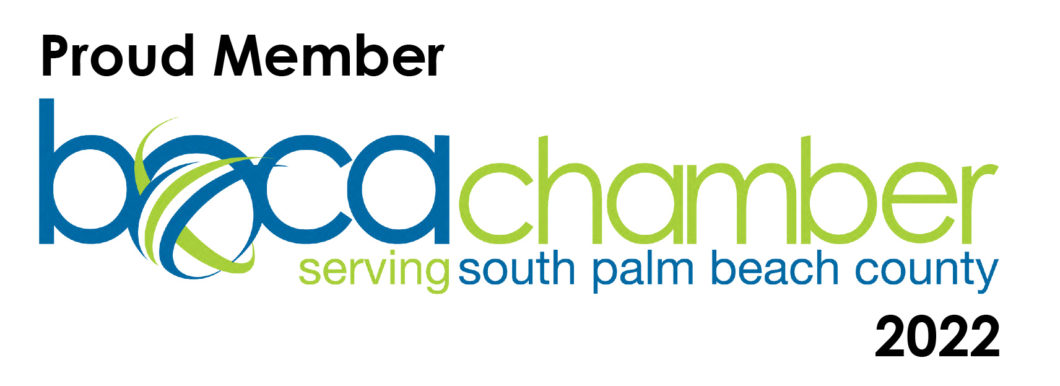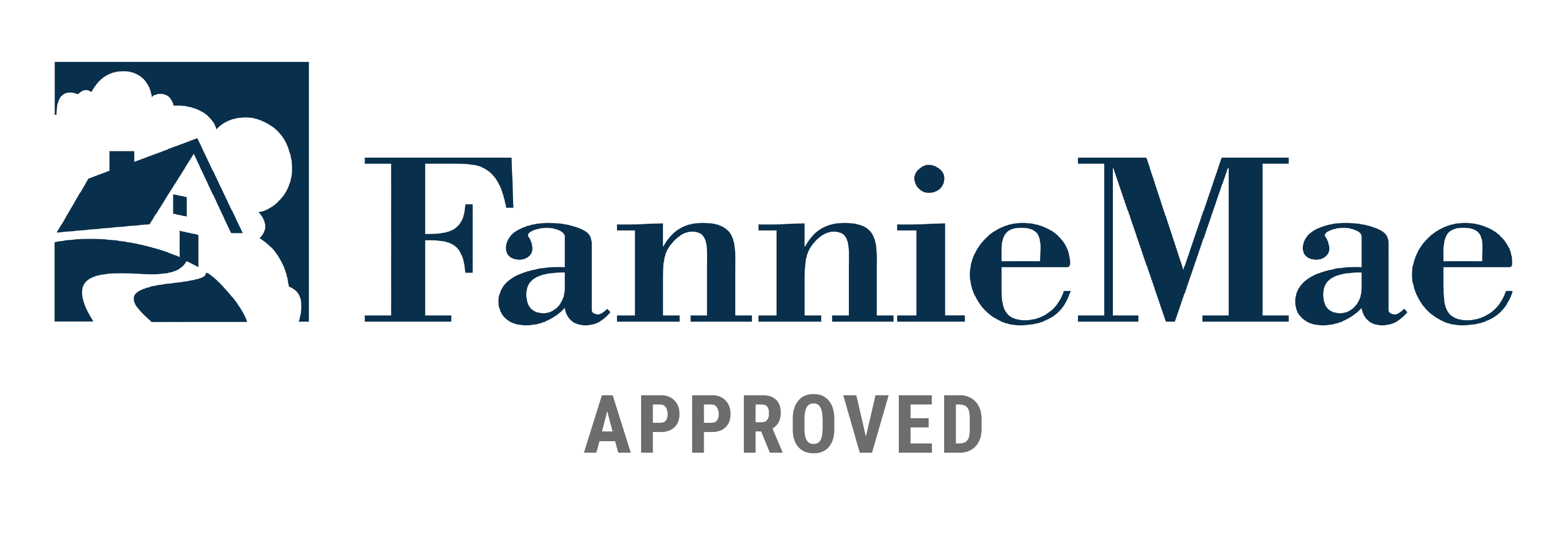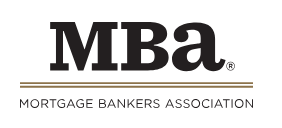Condominium and Homeowner’s associations were formed to help a community run smoothly, but what happens when there’s a disagreement between owners and the association or a vendor doesn’t deliver on a promise, or HOA and Condo’s fees are not getting paid, or a legal document is needed to comply with state regulations? You’ll need expert legal advice. That’s why you’ll need an experienced community association attorney on the team like Lubliner Law!
Discover why it’s vitally important to have an experienced attorney on board working in concert with your Association to ensure that any issues can be quickly resolved therefore saving the Association both time and money. A good law firm will also see to it that all required documents are properly drafted and filed so that your Association is meeting all the standards needed by your state government.
What is a Condominium Association or HOA?
If you’re buying property like a condo, townhouse or even a free-standing single-family home that shares a common area such as a pool, clubhouse or even security gates and sidewalks, chances are there is an Association taking care of it.
The Association is generally made up of a board of volunteer residents, elected by the residents, who assume the responsibility of being the voice of the community. They are charged with making sure that the shared common areas are well maintained, that they’re functional, safe and visually appealing. They also have the arduous task of making sure that all homeowners follow the rules — that includes paying dues and any fines they may incur. Associations exist to provide the community with a common goal or vision for preserving, maintaining and even enhancing homes and property.
How Are They Different?
There are several differences between HOAs and Condo Associations. First, there’s the actual scope of the property managed by the association.
As a condominium owner, your ownership is vastly different than a homeowner. A condo owner owns their unit and has joint ownership in the building and its grounds.
In an HOA the homeowner owns the home and the lot, the HOA owns the common areas. The Homeowner has no vested interest in common areas held by the HOA.
While it’s easy to define the differences between condo and homeowner’s communities, it’s not so simple to explain the different ways state laws treat condo owners and homeowners when it comes to protecting them from problems like financial fraud and questionable elections. This is the main reason your association needs an experienced attorney.
Law Discrepancies Between Condos and HOAs
Government Oversight
It is required that Condo owners to pay a small fee to have extra state oversight, which equates to a bargain when it comes to protection. The collective fee funds the Division of Florida Condominiums, Timeshares and Mobile Homes. A statute requires that all fees and fines or other money collected by the Division goes into a trust fund. The Legislature then uses this trust fund to pay for investigative and enforcement services, as well as a dispute resolution program. There is no such government oversight program for homeowners.
Record inspections:
Both HOA and Condo owners have a right to inspect official community documents — ledgers, bank statements and owner payment histories. However, it will cost homeowners much more when it comes to paying for copies of those records.
Elections:
Condo associations have rules to deter voting abuse. They do not allow owners to give away their voting rights using general proxies. Meanwhile, homeowners are allowed to sign general proxies to another owner or board member.
Meetings:
For an election or membership meeting to be legal, a certain amount of the membership has to show up, such as 75 percent or more. This is determined in governing documents. However, if there is no number provided in the documents, the owners must use to Florida statutes and abide by them.
Condos: Use a simple majority as a default figure, or 50 percent of owners plus one.
HOAs: The default figure is just 30 percent, so homeowners can elect board directors, or decide on significant budget concerns with the approval of a minority of the membership as compared to condos.
Budget Reserves:
Condos: Condo boards are required under Florida law to collect cash via assessments for a reserve account. Governing documents determine the amount, and funding can be waived by a membership vote.
HOAs: To have a reserve account which can be used to pay for emergencies such as legal fees in a community dispute or damage from a severe storm the homeowners have to force the HOA board to vote to establish a reserve account. There are no laws requiring this.
Why Would My Condo Association or HOA Need to Hire a Community Association Attorney?
Many Associations seek the advice of a community association attorney; sometimes it’s because there’s a dispute between an individual homeowner or condo owner and the Association, sometimes problems arise with outside vendors that need to be quickly resolved. Attorneys are also needed to draft legal documents that are required by law.
The Association’s governing documents are drafted to clearly spell out rules and regulations. They also lay out the fiduciary responsibilities of the board of directors. If the board is being neglectful or not living up to their responsibilities the attorney can step in and help the homeowners in taking legal action.
In these cases, it’s important that the Association hires a professional attorney that has vast experience in Real Estate and Community Association Law like Lubliner Law!
When Should I Hire a Community Association Attorney for My HOA or Condo Association?
The best time to hire a firm to take care of your Association is from the very beginning, preferably at inception. When forming the Association, having an attorney on board from the beginning to help establish by-laws, rules and regulations can help avoid costly mistakes down the road.
Associations Require Professional Legal Help in the Drafting and Amending of Founding and Governing Documents
It is imperative that your Association is officially recognized by the state, and that it meets all standards that are required, not just now but looking ahead into the future. Management must always be in compliance with all applicable laws, having an attorney there to help your HOA in drafting these required documents can ensure they’re done right the first time.
These documents include:
- Homeowners Association Declaration
- Covenants, Conditions, and Restrictions (CC&Rs) the rules that your community intends to implement
- Official Articles of Corporation and By-Laws
- Association’s Formal Rules and Regulations that are clearly-worded and legally-enforceable.
Attorneys Help by Interpreting and Enforcing Rules
Generally, by-laws and other governing documents like Covenants, Conditions, and Restrictions (CC&Rs), the rules of the Association community are more easily interpreted and enforced by a professional community association attorney. By using a professional attorney, you can protect your community from a costly lawsuit by ensuring compliance. Since the HOA’s Governing Board is mainly made up of residents who have volunteered their time, most have no legal knowledge or experience with Real Estate or Community Association Law. It also helps to have an impartial person to confront a non-compliant homeowner so that neighbor isn’t pitted against neighbor. Instead, the attorney can step in and be the voice of reason to the individual who is being unreasonable.
Associations Use Attorneys to Assist in Collecting Monthly Dues, Fines, and Filing of Liens or Articles of Foreclosure
Homeowner associations work like a non-profit, operating on a zero-based budget. Everything that goes in — goes out. Since there’s no profit or contingency in the budget, if someone doesn’t pay in, the Association as a whole suffers. Expenses like landscaping, utilities or putting new carpeting into the clubhouse can become neglected. Things that get broken can’t afford to be fixed.
That’s where a reliable law firm like Lubliner Law can come to the rescue, with solutions designed to force members to pay their homeowner’s association dues. Lubliner Law can help with association collections.
Firms like Lubliner Law employ aggressive legal tactics to collect on unpaid amounts due, all while following the collection procedures outlined in the Florida Statutes.
Unfortunately, if the homeowner refuses to pay their fees and continues to be noncompliant, the Association’s last resort may be to file a lien against the homeowner and foreclose on the property. This would require the meticulous work of a trustworthy community association attorney to work in the best interest of the Association to file the right and proper legal documents.
Hire the Best — Let Lubliner Law Take Care of Your Association’s Legal Needs
Having a knowledgeable community association attorney to take care of an Association’s dues collection is an investment in the Association and will save the board and its members time, money and aggravation over time.
Lubliner Law is the perfect firm to bring on board as your community association attorney. We’ll get to know your Association’s individual needs and can help your Association with all of the necessary legal work like drafting, interpreting and enforcing the community’s by-laws. We’ve got the Association’s back in the event of a dispute with a contractor, or if an outside vendor fails to live up to what they’ve promised.
A law firm like Lubliner Law is proficient at preparing all legal documents and negotiating a resolution whenever necessary.
Our community association attorneys have a wealth of experience and knowledge and can provide you the exact guidance you’ll need through any legal process that your association may face. Ultimately, we protect the interest of your Association by doing diligent work — earning their trust.
We are experienced advocates that vigorously represent the rights of our clients. Call Lubliner Law (561) 207-2018 for a free consultation, or email info@lubliner-law.com — We’re Here to Help.

 Pair Your HOA or Condo Association with a Community Association Attorney From Lubliner Law — For the Ultimate Team in Homeowner Protection
Pair Your HOA or Condo Association with a Community Association Attorney From Lubliner Law — For the Ultimate Team in Homeowner Protection 



